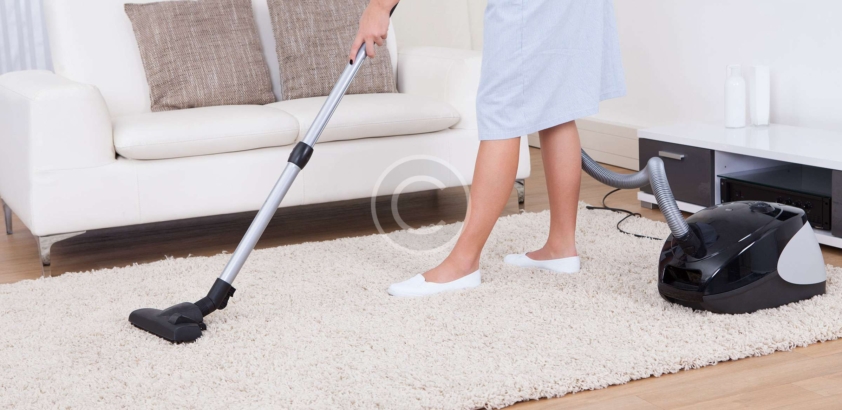We’ve all been there before. You get a spill or stain on your floor, and you don’t have the right cleaning product to take care of it. Fortunately, a homemade floor cleaner can solve your problem and remove the mess quickly.
But how do you make a DIY floor cleaner, and how can you be sure it’s safe?
There are many safe, simple, and effective homemade floor cleaners that you can create using common household items in the pantry and under the sink.
Homemade Floor Cleaner Ingredients
There are a lot of reasons that you might want a homemade floor cleaner. Maybe you don’t have the time or budget to pick up a store-bought cleaner that could take care of the mess. Or perhaps you prefer a natural floor cleaner to a store-bought solution.
Depending on the situation, some cleaning ingredients may be a better fit for you than others. Before you start to mix up your cleaner, it’s important to learn what different ingredients do, and how they affect your floor.
Water
The most basic component of almost any cleaner is water. It dilutes the harsher cleaning agents. Some recipes call for distilled water to increase the longevity of the cleaner.
Vinegar
Because vinegar is acidic, it can help dissolve dirt and grime build-up. However, this acidity can also pose a danger to your floor. If you have natural stone flooring, you should not use a vinegar-based cleaner, as it can cause discoloration.
Baking Soda
Baking soda is a mild alkali, which helps grease and dirt dissolve in water. When not completely dissolved, baking soda acts as a gentle abrasive that can remove more stubborn dirt. On top of that, it’s also an effective deodorizer.
Ammonia
As a cleaning component, ammonia is one of the toughest ingredients out there. It can tackle grease and grime for a streak-free shine. Because it’s so potent, you should always be careful when using it. Wear gloves and make sure the area is well ventilated. Most importantly, never mix ammonia with chlorine bleach, as this will produce dangerous chlorine gas.
Rubbing Alcohol
We all know that alcohol works as a disinfectant, so it only makes sense to use it to sanitize our floors. Rubbing alcohol, a.k.a. isopropyl alcohol also speeds up the evaporation rate to reduce the possibility of water damage from standing liquid on your floors.
Dish Soap
For a mild cleaner that is pH neutral, dish soap is the perfect ingredient. Simply mix it with water to clean rubber, tile, and more. Make sure to choose a dish soap without bleach, oils or moisturizers, since these additives can have unintended effects on your floor.
Olive Oil
Many people use olive oil as a DIY wood polish. It naturally hydrates the wood without leaving behind an unpleasant film, making it a great addition to homemade wood cleaners.
Lemon Juice
Lemon juice is naturally acidic, making it tough on grease and hard water stains. Plus, that lemony scent is basically synonymous with “fresh.” It’s great for porcelain and ceramic tile, but make sure not to use it on flooring that can be damaged by acidity.
Essential Oil
Some of the more powerful cleaning ingredients can have pretty unpleasant smells. But what’s the point of cleaning the floor if it’s just going to stink up the room? To resolve this issue, you can use essential oil to make your DIY cleaner smell good. From orange to mint, and everything in between, essential oil scents can cover up the harsher odors and leave your floor smelling just as good as it looks.
Now that you know more about the building blocks of home floor cleaners, it’s time for the fun part: the DIY cleaning recipes!

